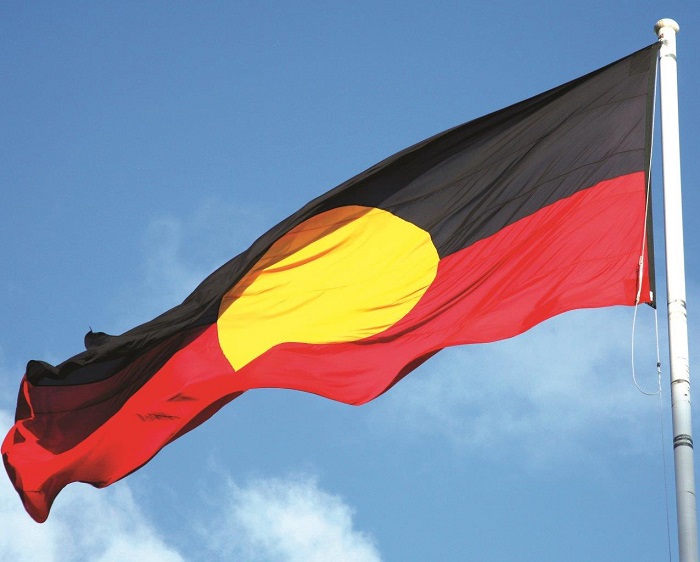Sorry Day is a time to mend relationships and acknowledge hurts. Sorry Day is held annually on 26 May to remember and commemorate the mistreatment of Australia’s Indigenous people.
It is an important moment, to remind ourselves of the importance of building respectful and honest relationships. For myself, as a member of the Second Peoples of Australia, Sorry Day is also a day to remind myself of the importance of learning from the First Peoples of this continent and its islands. There is much we can learn about relationships with others, about living in Australia, and about faith in God.
In February, I commenced in the role of director of Education and Formation for the Uniting Church WA. A large part of my brief is to encourage the people of the church, and especially the lay leaders, lay preachers, pastors, and ministers of the church, to commit to being lifelong learners. And there are many ways that we can learn: through reading, attending seminars, enrolling in courses, serving people in need, reflecting on experiences you have had or working with people who come from cultures or backgrounds which are different from our own.
Learning is something that we can always undertake. As we deepen in our relationships with the First Peoples, we can learn much. Our land is greatly blessed by the long and faithful heritage of these people. For millennia, across this continent, and in the adjacent islands, the First Peoples have cared for the land, nurtured their law, and showed resilience. They are gracious enough now to seek continued relationship with those of us whose forbears have invaded, colonised, and decimated their lifestyle.
We are living in the midst of a people of persistence and determination, and of abundant grace. For this, we give thanks. How they relate to us, reminds us of how God loves all people and cares for us.
From their stories, we can learn the importance of caring for country, of honouring the land in which we walk and live. This is something that has been so important from long ago; it remains something that is important in our own time as we respond to the challenge of climate change. We live in God’s good creation; we are responsible for caring for the Earth and living responsibly; this is integral to Christian faith.
From their stories, we can learn the importance of welcoming the stranger, of providing warm hospitality for the sojourner in our midst. This, too, is something that was so important from so long ago, as people from the numerous nations across this continent met, yarned, traded, and shared with each other; and it remains as something that is so important in our own time, as we respond to the challenge of millions of displaced peoples, seeking the safety of refuge in another land; and as we protest the horrors of enforced incarceration in islands off our mainland.
We live in a world of wonderful diversity; we are responsible for valuing people from all cultures, ethnicities, and nationalities. This is also integral to our Christian faith.
I encourage you to take some time on Sorry Day this year to seek out some people from the local Indigenous nation, and spend some time yarning with them about life. Such conversations will help us know more about each other, and help us appreciate the value of each other. These conversations can also bring us to deeper insights into the grace and love of God, and into God’s call for justice.
I encourage you, on Sorry Day and on other days, to find ways of working with and alongside First Peoples, and learn from their rich heritage and culture. This will enrich us, as people, and deepen our own faith.
Rev Dr John Squires
